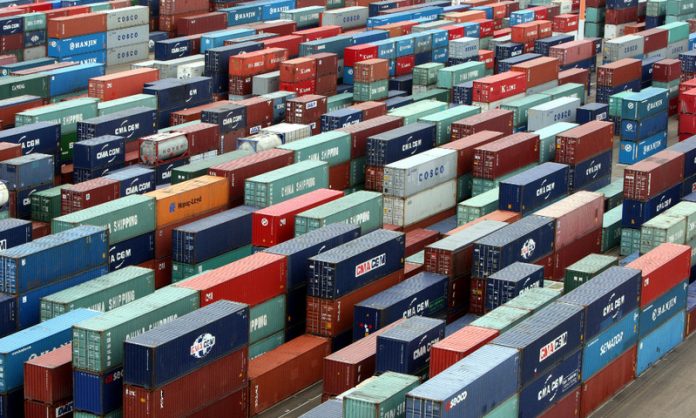The Federal Board of Revenue (FBR) has introduced tariff concessions on a wide range of imports from Bangladesh, Egypt, Indonesia, Iran, Malaysia, Nigeria, and Turkiye under the D-8 Preferential Trade Agreement, effective January 10, 2025.
According to a news report, the concessions were formalised through SRO 2075(I)/2024, allowing reduced customs duties on specified goods in compliance with the D-8 Preferential Trade Agreement Rules of Origin, 2024.
The notification states that goods imported into Pakistan from these member countries will benefit from lower customs duty rates as specified in the First Schedule of the Customs Act, 1969, or as updated by the FBR’s previous notification dated July 10, 2022.
These reductions are part of the Preferential Trade Agreement among the D-8 Member States and align with the provisions of the Import Policy Order, 2020.
Under the new arrangement, if the specified customs duty rate under the First Schedule or the FBR notification is lower than the rates outlined in the trade agreement, the reduced rate will be applied to eligible imports.
The D-8 Preferential Trade Agreement aims to promote economic cooperation and enhance trade among member countries by easing tariff barriers. The new concessions are expected to bolster imports of finished products and items that conform to the agreement’s rules of origin.
























